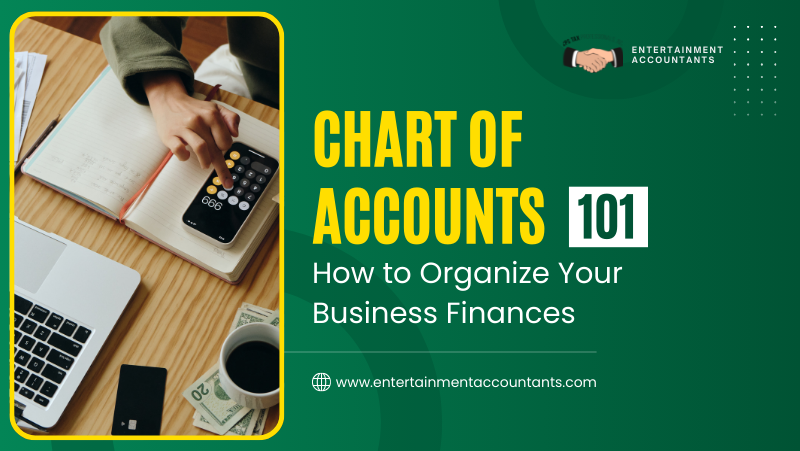Managing your business finances can feel overwhelming—especially as things start to grow. That’s where a Chart of Accounts (COA) comes in. Think of it as the backbone of your financial system. It helps you organize, categorize, and track every dollar moving through your business. If you’re not quite sure what a Chart of Accounts is—or… Continue reading Chart of Accounts 101: How to Organize Your Business Finances
Chart of Accounts 101: How to Organize Your Business Finances










